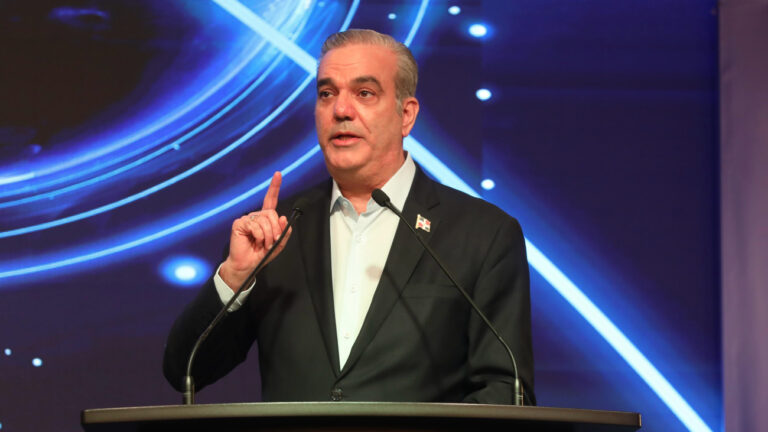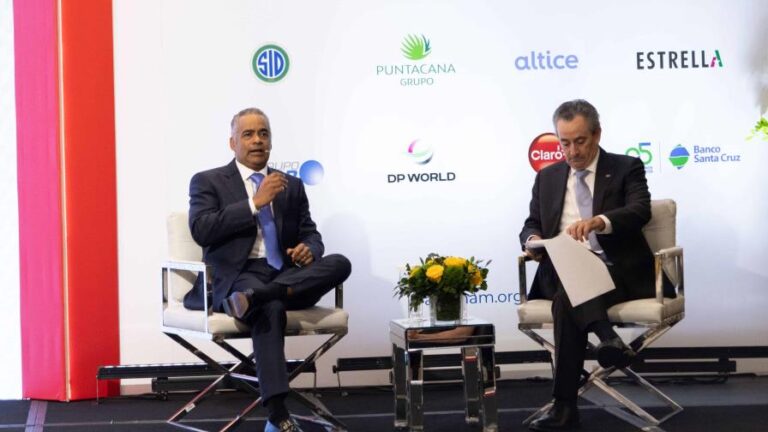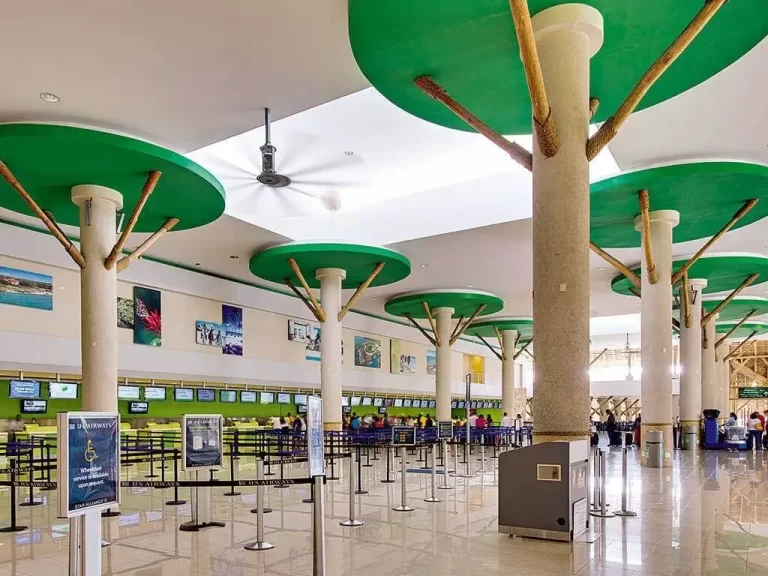Fifteen ministers and four vice-ministers of tourism from the entire region of the Americas accepted the invitation of their Dominican counterpart, David Collado, and the World Tourism Organization to meet in Punta Cana and analyze the future of the sector. The COVID-19 pandemic has changed the trend and the rules of the game and plunged into a deep crisis for countries that, like the Dominican Republic, have tourism as one of the main engines of their economy. To give an idea, four million jobs linked to the airline sector have been lost.
What was discussed at the Punta Cana Summit? To introduce a long-term vision on the environment and protection of biodiversity in the sector’s strategies. Of technological transformation, of public-private alliances, of coordination at the regional and continental level in the generation of policies. Inclusion and support for SMEs. Respect for local cultures.
Many edges of an industry that has already shown their ability to adopt extreme security measures and their resilience. Now it was time to combine recovery strategies.
If something was clear at the Punta Cana Summit, it is that it is not understood that tourism can develop with its back to the community where it is implanted, much less that it is an aggressive agent of the environment. “The competitiveness of the sector in the future depends on its commitment to sustainability,” said Julián Guerrero, Colombia’s Vice Minister of Tourism, in his speech. The high consumption of water, sewage, the generation of solid waste or the emission of carbon, the intensive use of energy, mostly non-renewable … the sector has many pending issues and at the summit, the importance was clear to address them, with transversal and coordinated policies. Here, the competition between chains or destinations is not worth it. Coordination will suit everyone.
To conclude, President Abinader reflected in his speech the spirit of this meeting: “I want to express to you the pride I feel in being Latino, and invite you to learn from the past, work hard in the present, and show the world that we are redesigning the future. Is our moment. It is the Latin American moment ”, he concluded.
SD. In Punta Cana, there was time to analyze the present, propose solutions, and glimpse a future on which many other sectors depend. The Dominican Republic is recognized as one of the countries in the world that have best managed the situation created by the pandemic. Some figures to give an idea of what is happening: 2020 was the worst year in the history of world tourism. The number of international arrivals fell again to levels last seen in 1990.
Globally, tourist arrivals are down 87% so far in 2021. In the Americas, arrivals in January were 77% lower than the previous year. A drop of more than 80% in the number of international tourists is expected for the first quarter of 2021.
One in three destinations in the world is closed to tourism. In America, the number of closed destinations grew from 14% to 18%.
Prospects? The UNWTO has two assumptions: if there is a rebound in tourism at the end of July, there could be a 65% rebound in international tourists compared to last year. If tourism picks up at the end of September, we should expect a 30% rebound by 2021 compared to the all-time lows of 2020.
This, if there is a gradual improvement in the epidemiological situation, continued deployment of the COVID-19 vaccine and if the confidence of travelers significantly improves, the lifting of travel restrictions, especially in America. And if effective collaboration in travel and health protocols is achieved.
Many “yes” … and above all a lot of work ahead.
After the cancellation of the ITB in Berlin, which is the most important tourism fair in the world, and the suspension of the World Travel Market in London, Fitur (from May 19 to 23) will be the first major event for the tourism sector in the pandemic.
Madrid will therefore bring together the actors of the world of the tourism industry in a meeting that has been classified as crucial for the sector.
There will be extreme security measures, with mandatory Covid tests and gastronomic tastings will be suspended.
Fitur Tech, Fitur Talent, and Fitur Know-How & Export are parallel meetings to the traditional regional and national stands that already give a good clue as to where the future and the recovery of the world tourism industry are envisioned. Fitur Live Connect is another of the novelties of this year, a network to connect the different subsectors and professionals of the industry.
The Mitur (Ministry of Tourism), Banco Popular, and Banreservas will represent the Dominican proposal in Madrid.
The two financial entities have been key in the development of the Dominican tourism sector due to their commitment to financing it.
Source:
Diario Libre



